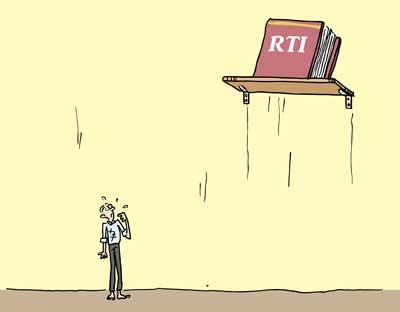02 Jan 2021 - {{hitsCtrl.values.hits}}
Addressing a virtual symposium along with Japanese Prime Minister Suga Yoshihide and Indian Prime Minister Narendra Modi on “Shared Values and Democracy in Asia” recently, it is no coincidence that former President Maithripala Sirisena chose to focus on the contributions of his Presidency to strengthen Sri Lanka’s democratic institutions.

Public concern regarding increased presidential powers through the 20th Amendment has increased since appointments were recently made to commissions on police, elections and so on with a retired politician appointed to head the Human Rights Commission. So some may well point to a sting in the former President’s remarks that he ‘shed the extraordinary powers of the presidency through a constitutional amendment...appointments were made to the Superior Judiciary, membership of Human Rights, Public Service, Elections, and Police Commissions, etc, in a depoliticized and democratic manner.’
Meanwhile, he singled out the enactment of a ‘strong Right to Information Act’ as an achievement of his period and a victory for ‘democratic values and human freedoms.’ Politicians often talk about these ‘values and freedoms’ when they are not in the seats of power. But few would deny the fact that Right to Information or RTI was one thing that Sri Lanka got right, not because of politicians but the determination of a small but dogged group of right-thinking people in media and legal circles. These were people who refused to engage in ‘political games.’
Since 2017, the RTI has been embraced by communities from Kilinochchi to Embilipitiya to correct injustices due to corruption and inefficacy of government institutions. Villagers have united across ethnic lines to expose how budget allocations to supply electricity have disappeared into the pockets of officials and in other cases, agitate for the rebuilding of shoddily constructed tanks, roads, public buildings and housing schemes. In a country with bitterly divided communities, that is something positive. Unfortunately, the media have not used RTI overmuch, apart from a handful of investigative journalists.
At the level of high State office, the Office of the President itself has been on the firing line. In fact, though former President Sirisena hails RTI, it was reported that his Office has gone to the Court of Appeal against an Order of the RTI Commission to disclose details of the then Prime Minister’s assets and liabilities. There should not be any hesitation on the part of elected officials in disclosing such details. Recently a retired bank official obtained an Order of the RTI Commission to compel a state bank to release details of salary particulars, perks and privileges of higher management executives. In writing to an online news platform as to why he had requested that information, he said that this is because persistent corrupt practices were in issue.
The fact that 85% of the Right to Information Commission’s decisions from 2017-2019 has been to release information, in full or in part, has been noted by UNESCO in its global 2020 report to the United Nations. Requests for information most often relate to the increase of transparency and accountability in public institutions, including corporate bodies run with government backing and non-governmental institutions which use public (tax payers’) money. War afflicted women in the North and East have been particularly active in using RTI.
This Government has repeatedly boasted that it continued the 19th Amendment’s constitutional Right to Information (RTI) in the 20th Amendment though departing from almost everything else. The RTI Commission has kept itself free from political controversies that have dogged other commissions. But with the terms of Sri Lanka’s first Commissioners expiring in late 2021, better institutional support must be provided, perhaps transferring human resources from heavily bloated ‘white elephant’ state entities. In the 2019 Annual Report to Parliament, the Commission repeats a frequent complaint, that it has been ‘heavily constrained by lack of staff, particularly competent legal personnel.’ This problem seems not to have been addressed despite flowery speeches by politicians then and now. If the Government is sincere in its promise to ensure advancement of this right for which the nation has become internationally recognised, far more needs to be done than just keeping the constitutional provision, the Act and the Commission in place.
30 Nov 2024 2 hours ago
30 Nov 2024 3 hours ago
29 Nov 2024 29 Nov 2024
29 Nov 2024 29 Nov 2024
29 Nov 2024 29 Nov 2024